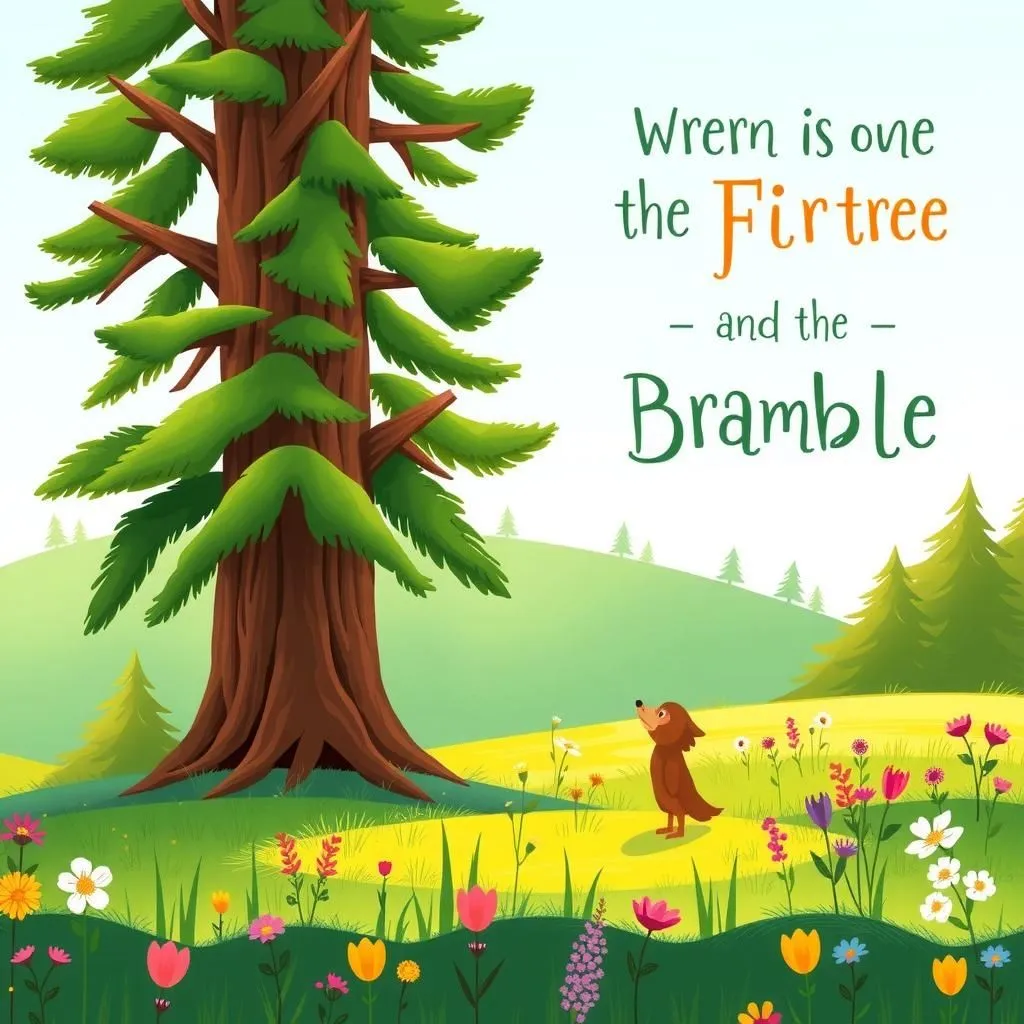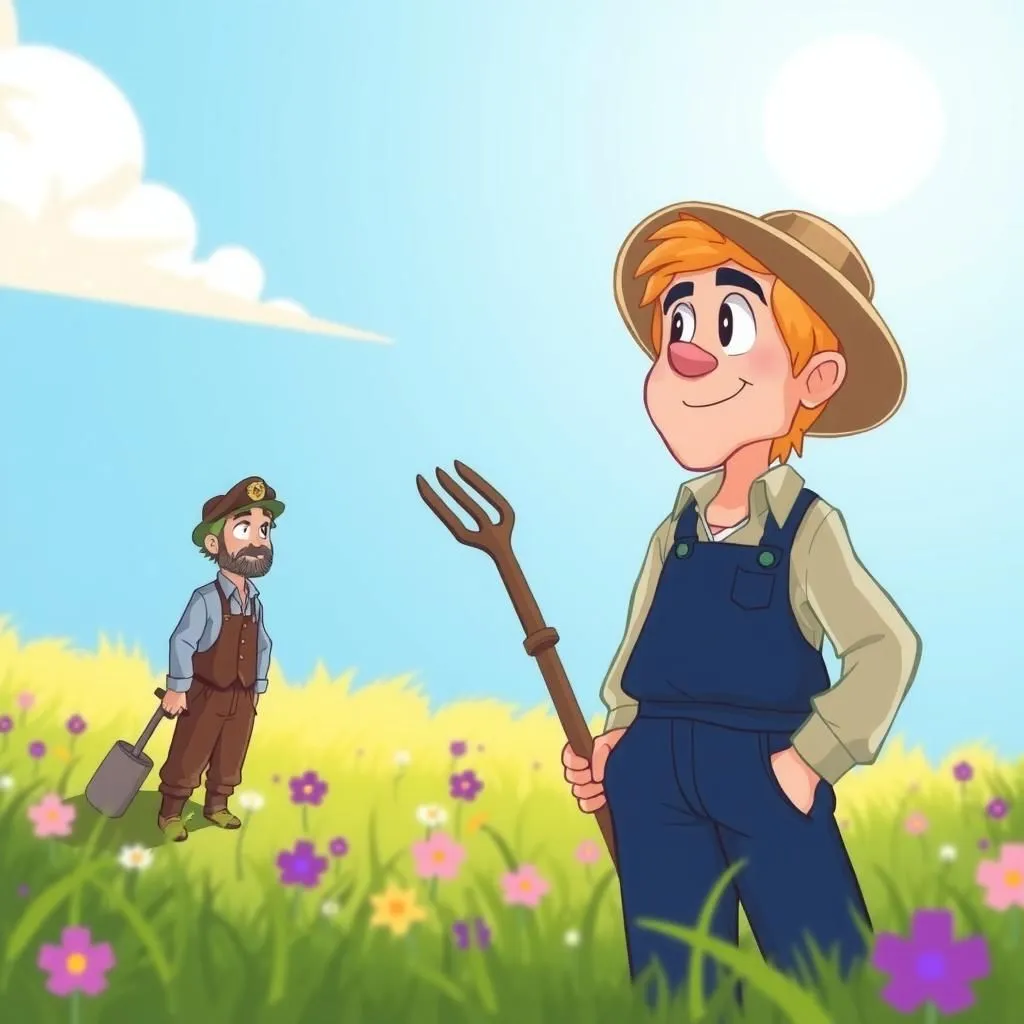
The Wolves and the Dogs
In "The Wolves and the Dogs," a fable that imparts valuable lessons learned from stories, the Wolves claim their conflicts with the Sheep are caused by troublesome dogs and assert that removing them would bring peace. However, the Sheep challenge this notion, highlighting that dismissing the dogs is not as simple as the Wolves believe. This short tale with moral encourages reflection on the complexities of conflict resolution.


